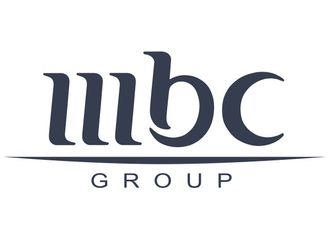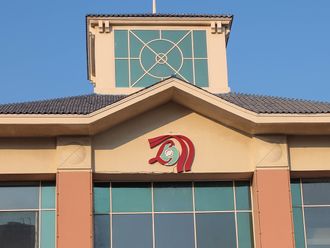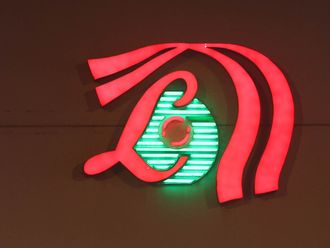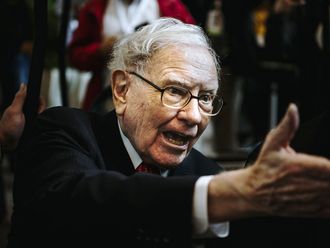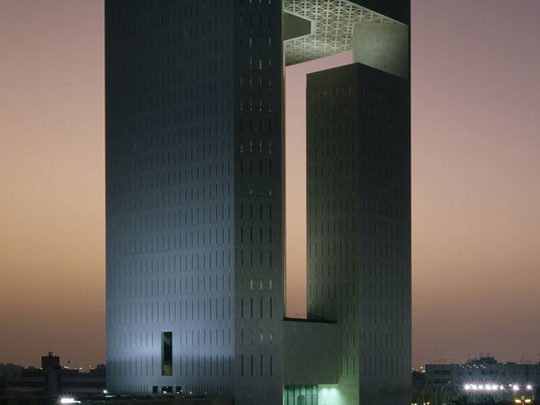
Dubai: Emirates NBD Capital Limited, the investment banking arm of Emirates NBD has closed Islamic Development Bank (IsDB)’s first ever US dollar sustainability sukuk.
The bank acted as joint lead manager and bookrunner for the landmark transaction by IsDB.
The $1.5 billion, five-year sukuk is testament to IsDB’s long-standing commitment to prioritizing the UN Sustainable Development Goals (SDGs) in accordance with the specific development needs of its 57 member countries.
The proceeds of the sustainability sukuk issuance will be allocated in line with IsDB’s Sustainable Finance Framework (under the Social Projects Category), to assist IsDB member countries in tackling the aftermath of the COVID-19 pandemic as part of IsDB’s $2.3 billion aid package for its member states, in response to the ongoing global pandemic. The aid package, titled ‘Respond, Restore, Restart’ will support recipient countries as they address the impact of COVID-19 pandemic on both healthcare systems and the economic impact on SMEs.
“Emirates NBD Capital has a long-standing relationship with IsDB and we are pleased to support this landmark Sustainability Sukuk that will support the recovery, growth and future development of communities across the world as they manage the impact of the ongoing COVID-19 pandemic. The transaction also demonstrates Emirates NBD’s growing capabilities in ESG related financing, an area which will only grow in importance and relevance as businesses across the globe seek to maintain their resilience during these challenging times and thrive in the future,”Fahad Abdulqader Al Qassim, CEO of Emirates NBD Capital.
The Sukuk was priced at a spread of 55bps over five-year US dollar mid-Swaps for a final coupon of 0.908 per cent per annum representing the lowest ever coupon for an IsDB sukuk and was well subscribed by global investors with 37 per cent allocated to Asia, 8 per cent to Europe, 53 per cent to the Middle East and 2 per cent to others.


